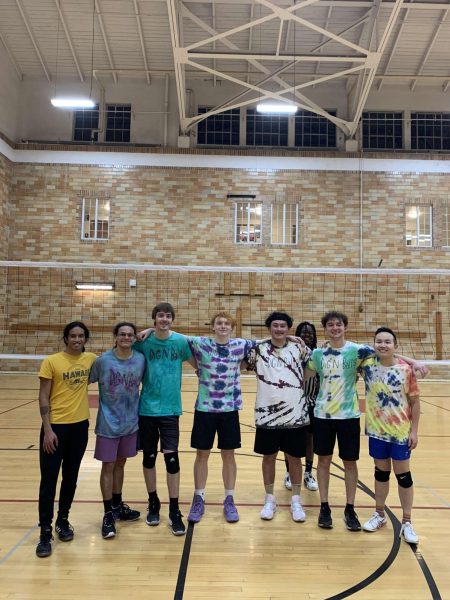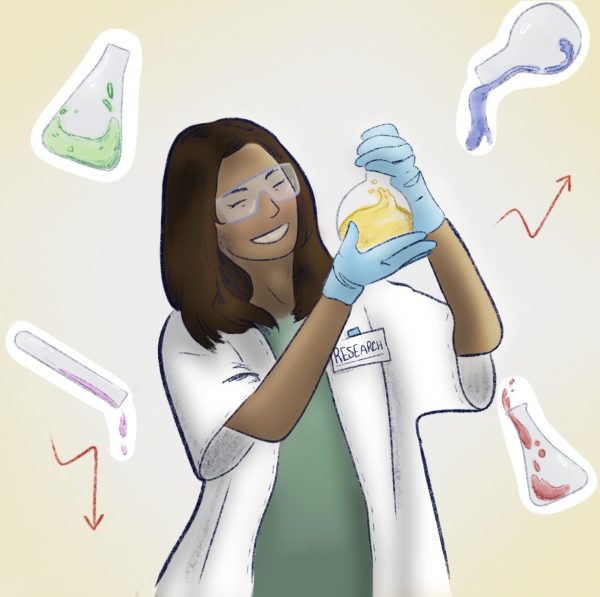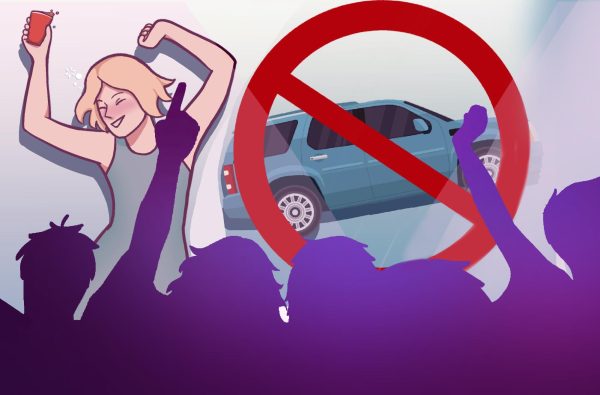The tipping point
October 28, 2015
A server with no pennies might be in trouble, but the restaurant world actually seems to be taking a tip about no tips – and that just might make the most sense of all.
When American restaurateur icon Daniel Meyer announced his termination of tipping at his Union Square Hospitality Group, the restaurant world seemed to tip on its head. Meyer is the owner of 13 of the hottest restaurants in New York and the founder of the mega-popular burger chain Shake Shack.
The debate on tipping has never quite ceased, and it seems impossible to not read news about it on a daily basis.
Meyer argues, “The American system of tipping is awkward for all parties involved: restaurant patrons are expected to have the expertise to motivate and properly remunerate service professionals; servers are expected to please up to 1,000 different employers (for most of us, one boss is enough!); and restaurateurs surrender their use of compensation as an appropriate tool to reward merit and promote excellence
The financial troubles that many in the hospitality industry face also create a mentality that customers have to play saving grace for restaurant workers. Unfortunately, that mentality is very much a reality for some.
The federal minimum wage for restaurant workers who receive tips is $2.13, and 17 states require employers to pay their employees that very minimum. Twenty-six states go above that requirement, but only six states require a full state minimum wage before tips.
Using New York as an example, most servers get paid $5 an hour. The city’s tipped minimum wage is $8.75, which means employers can pay the $5 as long as gratuities bring the wage up to that $8.75 or more. The typical wage of a worker with tips is roughly $10 an hour. That ultimately means nearly 40 percent of workers are living in poverty.
Like other restaurants, Meyer is opting to raise menu prices 20 to 25 percent as an alternative to tipping, a policy he calls “Hospitality Included.”
Hospitality Included means no tipping, and while they won’t stop a patron from tipping, the restaurant will highly discourage them.
Meyer’s utilitarian outlook is also keeping the back of the house in mind. A common misconception is how tip pooling works. A tip pool is a legal and savvy sharing amongst the restaurant staff, but gratuities are another story.
Gratuities are the legal property of a restaurant’s wait staff and not so much as a cent can go to compensate the back of house staff and cooks. In other words, chefs don’t have the luxury of patrons padding their paycheck.
For example, a server at a full-service New York restaurant can expect an income of $40,000, and with a 20 percent tip on most checks, that can quickly turn into $100,000 for the most obsequious servers. A mid-level line cook even at some of New York’s best can hope to make $35,000 per year.
It will be interesting to see how American diners react to the change. It will be crucial to point out the increased menu item prices with no tips are necessary to sustain a livable income. Tip-less food service thus becomes a question of not just economics, but ethics.
Americans can get a majority of their clothes for cheap because of the controversial business practices in countries like China or Honduras. Diners will have to make a decision to pay more for food, but in good conscience that restaurant staffs are receiving living wages.
For an industry contingent upon servers being compassionate and other-centered, it might now be the customers’ turn to demonstrate benevolence.
Michael Lynn, a researcher at Cornell University’s school of hotel administration, found that quality service versus bad service only accounts for a two percent variation on a tip. The bigger factor is race and gender.
He found that female servers make better tips than males; women perceived as sexy earn more than “less attractive” ones; and white servers earn more than black servers. It works the other way around as well. Black diners have been shown to receive inferior service on average and consequently tip less on average.
There are some of advantages to tipping as well, most notably that most tipping comes in the form of cash, which for most servers is very convenient.
No matter what side of the coin you’re on, it is cardinal to be cognitive of the gears that are turning in our country. Danny Meyer and other restaurant owners and policy makers are ushering in a new age of American dining.
This article is meant to serve as a penny for people’s thoughts so they can think critically about the tectonic shifts occurring in the restaurant world. The next time your server asks if you would like change, you might want to consider what real change you want to give.
Daniel Anderson is a freshman studying hospitality and business management from Bellevue. He can be contacted at 335-1140 or by [email protected]. The opinions expressed in this column are not necessarily those of the staff of The Daily Evergreen or those of The Office of Student Media.



















